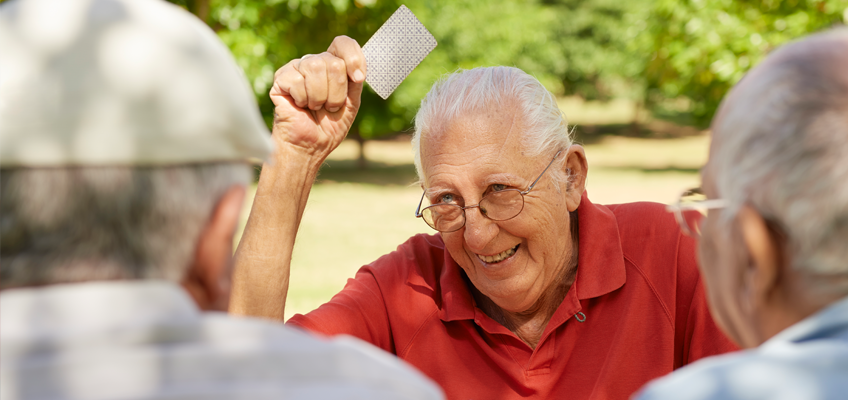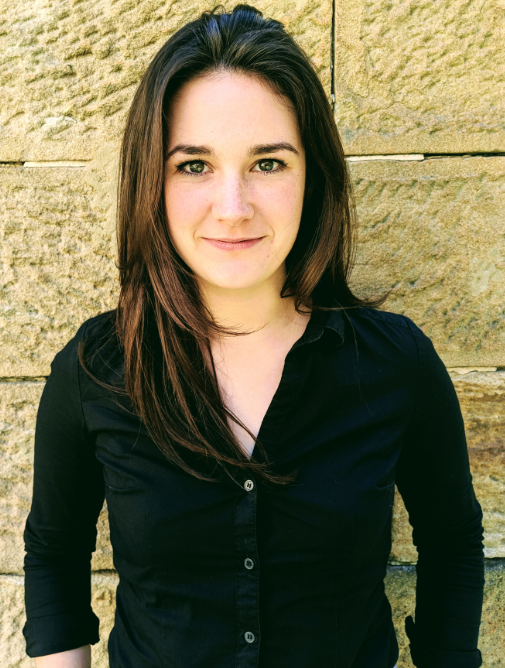06 May 2020

RHIAGH CLEARY & HEIDI DOUGLASS
Human beings are by nature social beings, and socialising is important to maintain mental, emotional and physical health.
Socialisation has been shown to boost immunity and have health benefits such as reduced osteoporosis and rheumatoid arthritis and improved cognitive function and cardiovascular health. According to researchers at the Centre for Healthy Brain Ageing (CHeBA), those who socialise regularly are more likely to live longer, healthier, and happier lives.

Our research also shows that the pattern in which you socialise can say a lot about your current health. Although each person’s socialisation pattern can be unique, it also changes with age. In some age-related disorders, such changes may be exaggerated or abnormal. For instance, an initial sign of dementia may be a significant change in social interactions. If researchers can detect subtle, unhealthy changes in socialisation, they may be able to detect such diseases early and create early prevention. This is particularly important in times during or after physical distancing, where social abilities can drastically change.
CHeBA’s Social Cognition (SocCog) team looks at how social abilities change as we grow older. They want to characterise what is a healthy or normal change in socialisation with ageing. Once they have measured the social abilities of enough people in the community, they can create guidelines for early detection and prevention of diseases, such as dementia.
“We are working with older adults, aged 60 to over 100, from a wide range of backgrounds,” says Rhiagh Cleary, part of the SocCog team.
Our growing research community is beginning to build a picture of different social perspectives and changes across the lifespan.
CHeBA is seeking more volunteers who are willing to provide some time and perspectives to help paint an even more accurate picture of patterns of socialisation.
Volunteers are invited to attend a half-day session when it is safe to cease physical distancing. The session will involve interesting tasks and videos that gauge thinking abilities and social perceptions. All volunteers are modestly compensated for their valuable time and effort.
If you would like more to be involved, CHeBA currently welcomes expression of interest for research visits commencing later in the year: call 0413 974 908 or email r.cleary@unsw.edu.au.
Ultimately, the hope is that community efforts will assist current and future generations build a more socially connected world and possibly safeguard future health. As a volunteer, you will be making an important contribution.
